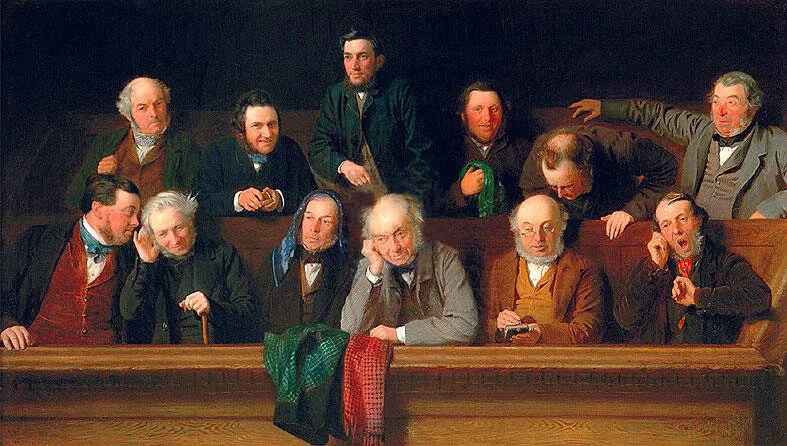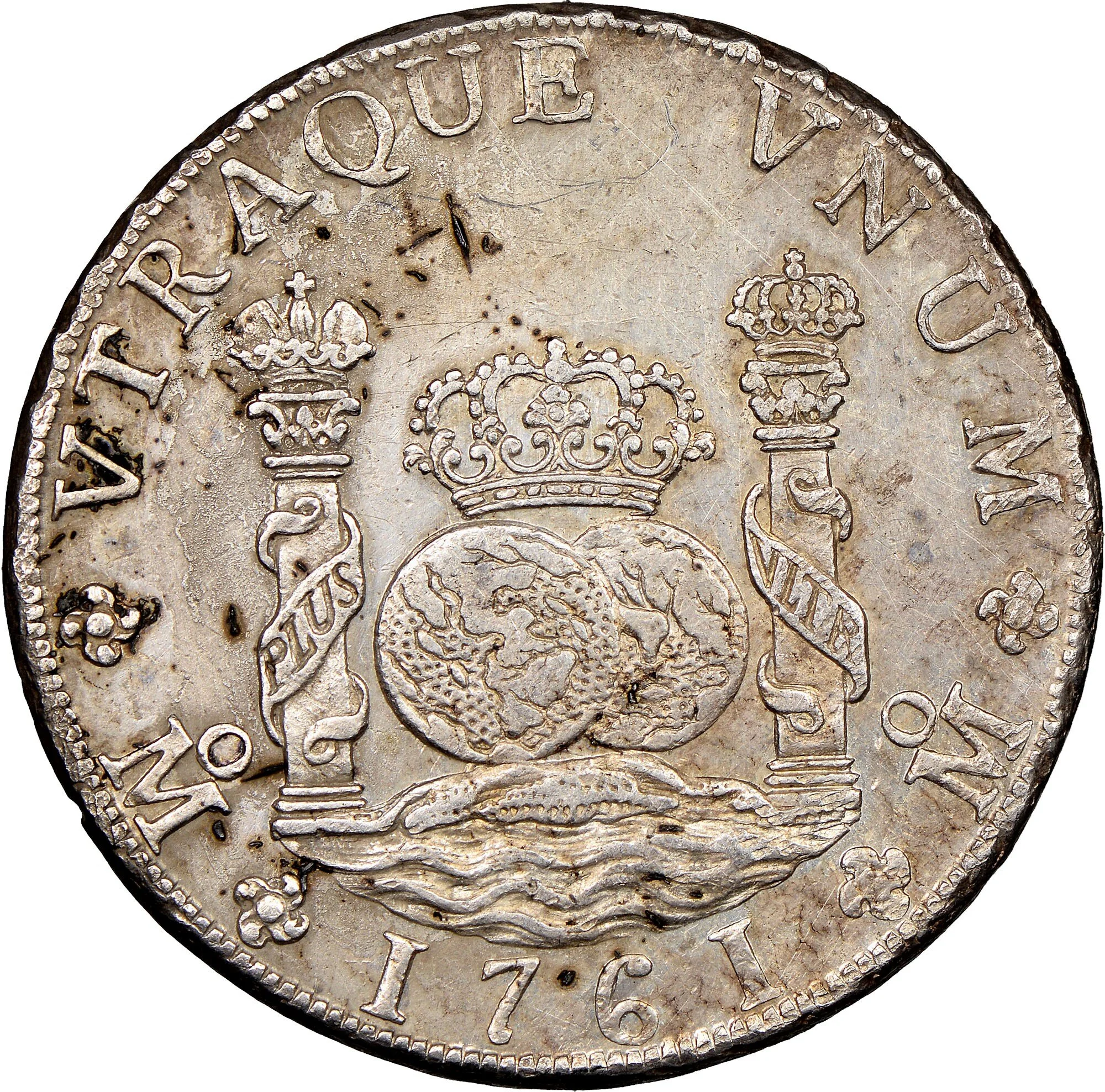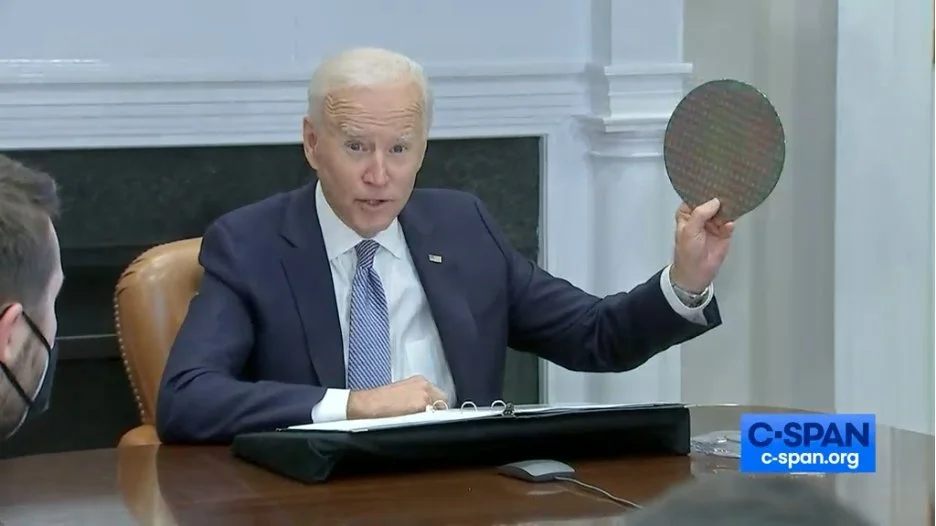The Peaceful Revolution
“The United States can pay any debt it has because we can always print money to do that. So there is zero probability of default.” -Former Federal Reserve Chairman Alan Greenspan, Meet the Press, August 7, 2011.
“We can guarantee cash benefits as far out and at whatever size you like, but we cannot guarantee their purchasing power.” -Fed Chairman Alan Greenspan, US Senate Committee on Banking, Housing and Urban Affairs, Feb 16, 2005.
“Gold is a currency. It is still by all evidences the premier currency where no fiat currency, including the dollar, can match it.” - Alan Greenspan, in an interview for the Council on Foreign Relations, Nov 2014
The phrase, “Not worth a Continental,” will soon be commonly known for the same reasons that it was said in the early Republic: the USA are broke and the paper money is becoming worthless. Like in 1787 and 1791, the solution to the debt and growing unrest is to default to the Constitution and the Bill of Rights. Defaulting to the Constitution will make the USA rich; because, historically, the freedom of due process results in free trade in free markets and capital production (so-called Capitalism).
During the American Revolutionary War (1775-1783), the Continental Congress and the Congress under the Articles of Confederation (1777-1789) printed paper money (Continentals) because they did not have enough gold and silver money (Spanish dollars) to pay for the war.
After the war, Shay’s Rebellion (1786-1787) occurred because the newly free and independent State of Massachusetts was taxing whiskey in silver and gold to pay off their share of the paper Continentals and other war debts. Many veterans had sold their Continentals to speculators for pennies on the dollar and used whiskey as money, particularly along the Appalachian frontier. Taxing the whiskey of veterans to pay off the speculators in full was not popular. Add in that people were losing their properties to tax and debt collectors and one has a recipe for rebellion.[1]
Shay’s Rebellion served as a call to reform the Articles of Confederation. The result was the Constitution. The Constitution Convention was in 1787. The Constitution was ratified in 1788-1791 for all the States, respectively, including Vermont, per Article VII. Vermont had not joined the USA prior to 1791.[2]
With the failed experiment with Continentals in mind, Congress was not constituted with the power to print paper money and the States were prohibited from using anything but gold and silver as payments of debts.[3]
Article I, Section 8, paragraphs 5 and 6 state,
“The Congress shall have Power…
To coin Money, regulate the Value thereof, and of foreign Coin, and fix the Standard of Weights and Measures;
To provide for the Punishment of counterfeiting the Securities and current Coin of the United States;”
Article I, Section 10, paragraph 1 states,
“No State shall… coin Money; emit Bills of Credit; make any Thing but gold and silver Coin a Tender in Payment of Debts…”
The new Constitutional Congress was also empowered to pay off the debts of the States (Article I, Section 8, Paragraph 1). Like Massachusetts before, the US Congress raised a tax on whiskey to pay off both the debts and the paper Continentals at face value in silver and gold dollars (thanks, Alexander Hamilton).
The Whiskey Rebellion (1791-1794) was the obvious result. Congress called up the militia and President George Washington led them to defeat the rebels in a small battle in 1794. Washington declared victory, pardoned the rebels, and went home.
In the end, the majority of whiskey producers, living on the frontier, refused to pay the tax (not that many tax collectors were brave enough to try to collect it) and the Continentals were never paid off entirely.[4]
Just as the Founding Fathers adopted the Constitution and Bill of Rights as they defaulted on their debt via hyperinflation, we too can default back to Constitutional law when we default back to Constitutional money. The Constitution was designed for hard times. Indeed, the whiskey rebels were able to successfully nullify the whiskey tax in part because the Bill of Rights were popularly amended to the Constitution in December 1791- including due process and the right to bear arms.[5][6][7]
Due process is a system for peaceful revolution. When the government breaks the law, disobey civilly. A jury can acquit people of a crime if they deem that the law is illegal, as is the purpose of the 5th, 9th, and 14th Amendments. The government cannot effectively enforce any law which the jury hates because government requires the consent of the governed. Hence, the power of due process.
“We hold these Truths to be self-evident, that all Men are created equal, that they are endowed by their Creator with certain unalienable Rights, that among these are Life, Liberty, and the Pursuit of Happiness—That to secure these Rights, Governments are instituted among Men, deriving their just Powers from the Consent of the Governed.” -US Declaration of Independence
Due process means that no one may deny another their life, liberty, or property without first convincing a jury of their peers and/or a judge, per the 5th Amendment. In fact, “common sense gun control” and drug prohibition would be perfectly legal if they were punishments for crime against a defendant in a court of law.
The 5th Amendment states,
“No person shall be held to answer for a capital, or otherwise infamous crime, unless on a presentment or indictment of a Grand Jury, except in cases arising in the land or naval forces, or in the Militia, when in actual service in time of War or public danger; nor shall any person be subject for the same offence to be twice put in jeopardy of life or limb; nor shall be compelled in any criminal case to be a witness against himself, nor be deprived of life, liberty, or property, without due process of law; nor shall private property be taken for public use, without just compensation.”
Just as denying someone their life without due process is murder, denying someone their liberty without due process is illegal.
The 9th Amendment clarifies that the people are free by default. We are not slaves.
“The enumeration in the Constitution, of certain rights, shall not be construed to deny or disparage others retained by the people.”
Indeed, the 14th Amendment (1868) was added to enforce due process for newly freed slaves against the former slave States. Only the jury box can be used to deny someone their life, liberty, or property- not the ballot box. The 14th Amendment reads,
“All persons born or naturalized in the United States and subject to the jurisdiction thereof, are citizens of the United States and of the State wherein they reside. No State shall make or enforce any law which shall abridge the privileges or immunities of citizens of the United States; nor shall any State deprive any person of life, liberty, or property, without due process of law; nor deny to any person within its jurisdiction the equal protection of the laws.”
Under the Constitution, if you don’t hurt people and take their stuff, then you can do whatever that you want with your own property, starting with the idea that you own yourself. You are protected by due process. In other words, treat people the way you want to be treated and you are free. Similarly, you can’t do whatever you want with other people’s property because they are protected by due process
Contracts will replace regulations. Mutual aid societies and charities will replace welfare (that is why Christianity has thrived in the USA, historically). In a free country, a man’s word is his bond. People make agreements with a handshake. For added security, one can use witnesses and contracts to be enforced by the courts.
With due process replacing government regulations and the paper dollar being worthless, the legislature would only need to convene once a year to pay homage to those who fought for freedom and then go home. The court system can handle the law.
“I HEARTILY accept the motto, ‘That government is best which governs least;’ and I should like to see it acted up to more rapidly and systematically. Carried out, it finally amounts to this, which also I believe, ‘That government is best which governs not at all;’ and when men are prepared for it, that will be the kind of government which they will have.” -The opening sentence to Henry David Thoreau’s On the Duty of Civil Disobedience (1849)
Constitutional money solved the problem that the Founders ran into which is that printing money does not end poverty. It just results in the hidden tax of price inflation.[8]
Poverty is the natural state of mankind. In the beginning of recorded history everyone was poor, including the rich, relative to today. This is because they did not have as many tools (capital) to produce as many goods and services to trade for what others had produced, as compared to today.
Wealth is not how much money you have but how many goods and services you can demand with your money. If the supply of goods and services increases relative to the supply of money, then that same amount of money could be exchanged for more wealth. Thus, with the same amount money, one has become wealthier. That is how wealth is made common.
In order to increase production, one must invent/use capital (tools) to make work easier. Tools either save time doing work or increase the quality and quantity of goods and services. For example, try farming using no tools vs the horse-plough vs the tractor.
People tend to produce more when they are free to keep the fruit of their labor. However, unless one produces everything that one wants, one must trade. Historically, the freedom of due process results in free trade in free markets and capital production (so-called Capitalism).
Barter is the direct trade of goods or services without the use of money. The problem is that barter can only occur if both people want what the other has to offer. For example, someone with eggs would go to a market with the desire to buy shoes from a cobbler. The cobbler may not want eggs and so there would be no trade.[9]
A common medium of exchange solves the problem with barter. Historically, people found that a commodity that was widely accepted/desired across different markets was useful to facilitate trade. The most commonly traded commodities are money by default. E.g. whiskey, tobacco, salt, copper, silver, and gold. The word salary comes from the Latin word for salt: sal or salis.
The reason that silver and gold (and copper for small change) were commonly traded is because of their unique characteristics: durability, divisibility, scarcity/portability, familiarity, and utility.
1. Durability: Since they are elements, there is no more basic atomic structure for them to revert. They can survive house fires and will always exist, even if buried in the ground for millennia, and are hard yet malleable.
2. Divisibility: they can be melted down or separated and traded by weight without losing value. 10 grams in a coin is worth as much as 10 coins of 1 gram and can be melted together or separated without being destroyed. Paper money is not worth half as much if cut in half; it is worth less.
3. Scarcity/Portability: Since gold and silver are relatively rare, they have a high exchange rate in small weights compared with other commodities, and thus can be carried across distances with ease for use in large purchases. This is useful in trade.
4. Familiarity: They are recognized across the world, in every culture.
5. Utility: They are used as jewelry and in electronics. Silver is the most conductive metal. Gold is the third most (after copper) but it does not tarnish, unlike silver, and is more malleable. Silver is used in medicine as it is anti-microbial.
For most of human history, gold has been recognized as valuable. Genesis 2:10-12 states,
“The garden was watered by a river; it came out from Eden, and went on to divide into four branches. One is called Phison; it is the river which surrounds all the country of Hevilath, a gold-producing country; no gold is better; bdellium is found there too, and the onyx-stone.”
Gold and silver are useful in jewelry, electronics, and medicine. Historically, they are money by default.
The phrase, “Not worth a Continental,” will soon be commonly known for the same reasons that it was said in the early Republic: the USA are broke and the paper money is becoming worthless. Like in 1787 and 1791, the solution to the debt and growing unrest is to default to the Constitution and the Bill of Rights. Defaulting to the Constitution will make the USA rich; because, historically, the freedom of due process results in free trade in free markets and capital production (so-called Capitalism).
[1]https://mises.org/library/not-worth-continental
[2]https://www.archives.gov/founding-docs/more-perfect-union
[3]https://mises.org/wire/shayss-rebellion-excuse-centralized-american-state
[4]https://mises.org/library/whisky-rebellion-model-our-time
[5]https://www.hamiltonmobley.com/blog/keynesianism
[6]https://www.hamiltonmobley.com/blog/2000-vs-2020
[7]https://www.hamiltonmobley.com/blog/the-second-amendment-and-civil-disobedience
[8]https://www.hamiltonmobley.com/blog/interest-rates-and-inflation
[9]https://cdn.mises.org/What%20Has%20Government%20Done%20to%20Our%20Money_3.pdf






